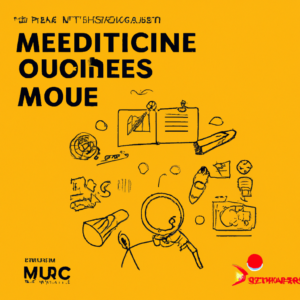Democracy, the system of government where power is vested in the people, is often hailed as the pinnacle of political ideals. It is a concept that promises equality, freedom, and the ability for citizens to have a say in the decisions that shape their lives. However, in many democratic countries, the extent of citizen participation often seems limited to casting a vote during elections. This raises the question: Does true democracy exist when people only vote but do not actively participate in creating new laws or influencing state decisions?
While it may be true that some democratic countries have room for improvement in terms of citizen engagement, it is essential to understand that the concept of democracy goes beyond the act of voting alone. Democracy is a complex and multifaceted system that encompasses a range of institutions, processes, and values. Voting is just one piece of the puzzle.
The Power of Voting
Voting is a fundamental aspect of democracy. It allows citizens to choose their representatives and express their preferences. Through the electoral process, people have the opportunity to shape the composition of their government and hold elected officials accountable for their actions. Every vote carries weight and contributes to the collective voice of the people.
However, it is important to recognize that voting is not the only way citizens can participate in the democratic process. While it serves as a crucial mechanism for decision-making, it is just the starting point.
Active Citizenship and Civic Engagement
True democracy thrives when citizens actively engage in the political process beyond voting. Active citizenship and civic engagement are vital for a healthy democratic society. This involvement can take many forms, such as participating in public consultations, joining advocacy groups, attending community meetings, or contacting elected representatives to voice concerns.
By actively participating in these activities, citizens can contribute to the creation of new laws, influence state decisions, and shape the direction of their country. It is through these channels that individuals can have a tangible impact on policies and projects that affect their lives and communities.
Transparency and Accountability
Another crucial aspect of democracy is transparency and accountability. Democratic countries should strive to ensure that decision-making processes are transparent, accessible, and open to public scrutiny. This transparency allows citizens to stay informed about the actions of their government and hold officials accountable for their decisions.
Furthermore, democratic systems should provide avenues for citizens to participate in the formulation and review of policies. Public consultations, hearings, and feedback mechanisms are essential tools that allow individuals to contribute their perspectives and expertise.
Challenges and Opportunities
While democracy provides opportunities for citizen participation, challenges exist that can limit active engagement. Factors such as apathy, lack of awareness, or barriers to access can hinder individuals from fully participating in the democratic process. It is the responsibility of both the government and civil society to address these challenges and create an environment that encourages and facilitates citizen involvement.
Education and awareness play a crucial role in fostering active citizenship. By promoting civic education in schools and communities, individuals can gain a deeper understanding of their rights, responsibilities, and the mechanisms through which they can participate in the democratic process.
Conclusion
Democracy is more than just voting; it is a dynamic system that requires active citizen engagement, transparency, and accountability. While voting is an essential component, it should not be the sole measure of democratic participation. True democracy flourishes when citizens are empowered to contribute to the creation of laws, influence state decisions, and hold their representatives accountable. By fostering a culture of active citizenship and providing opportunities for meaningful participation, democratic countries can ensure that the voices of their citizens are heard and respected.




